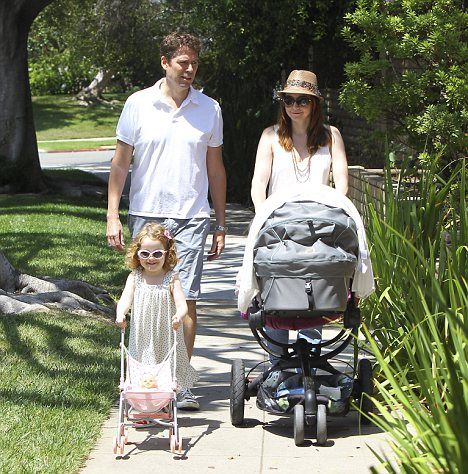
New research has shown how positive social relationships in childhood and adolescence are key to adult well-being, while academic achievement has little effect.
Scientists do not know much about how aspects of childhood and adolescent development - such as academic and social-emotional function - affect adult well-being.
They define well-being as a mixture of sense of coherence, positive coping strategies, social engagement and self-perceived strengths.
Researchers analysed data for 804 people, followed up for 32 years, who participated in the Dunedin Multidisciplinary Health and Development Study (DMHDS) in New Zealand.
They measured the relationship between levels of family disadvantage in childhood, social connectedness in childhood, language development in childhood, social connectedness in adolescence, academic achievement in adolescence and well-being in adulthood.
Childhood social connectedness is defined by parent and teacher ratings of the child being liked, not being alone, and their level of confidence.
Social connectedness in adolescence is demonstrated by social attachments - parents, friends, school, confidant - and participation in youth groups and sporting clubs.
Results showed there is a strong pathway from child and teen social connectedness to adult well-being - showing the significance of positive social relationships over the lifespan to adulthood.
Also, the Journal of Happiness Studies research revealed the pathway from early language development - through adolescent academic achievement - to adult happiness was weak.
The Deakin University researchers say a lot more focus should be put on building strong social skills and relationships, as well as academic achievement.
Professor Craig Olsson said: 'If these pathways are separate, then positive social development across childhood and adolescence requires investments beyond development of the academic curriculum.'



to anyone that didn't have any close relationships during childhood and adolescence.